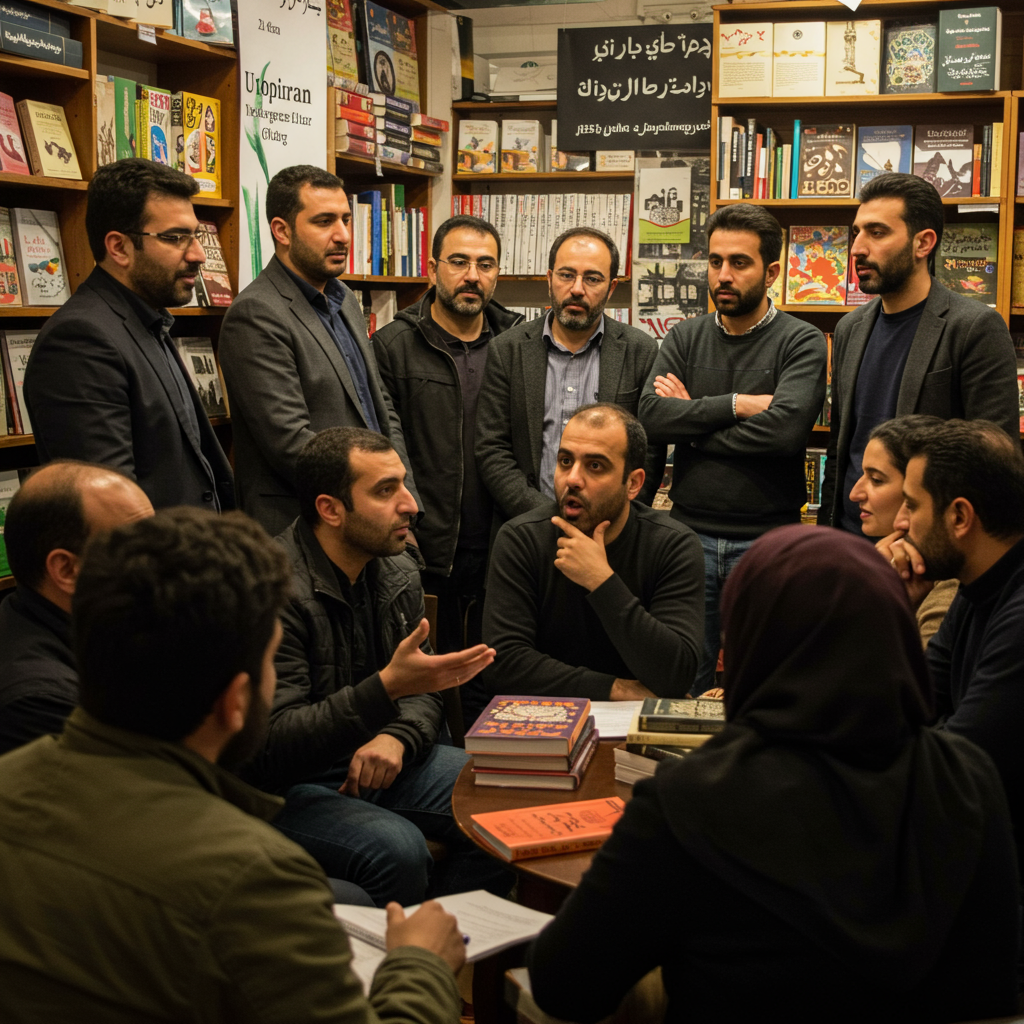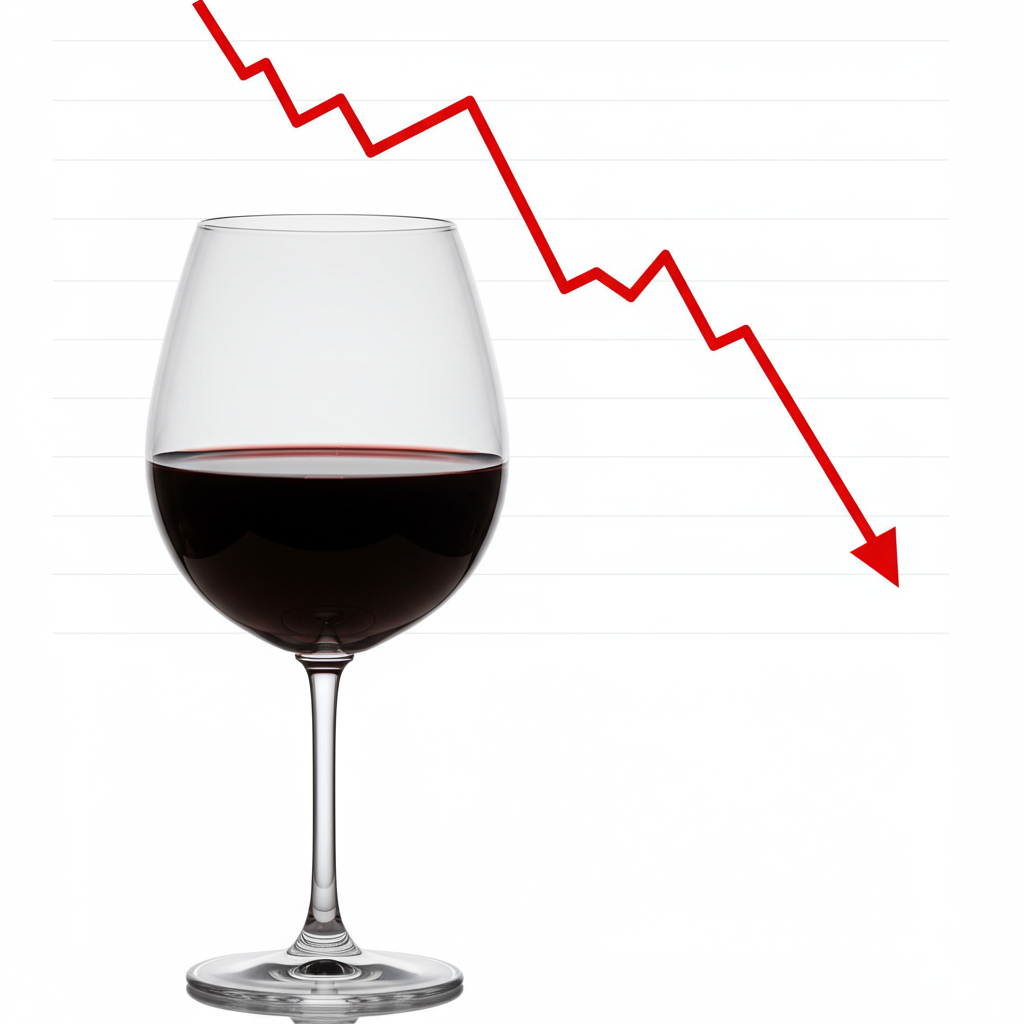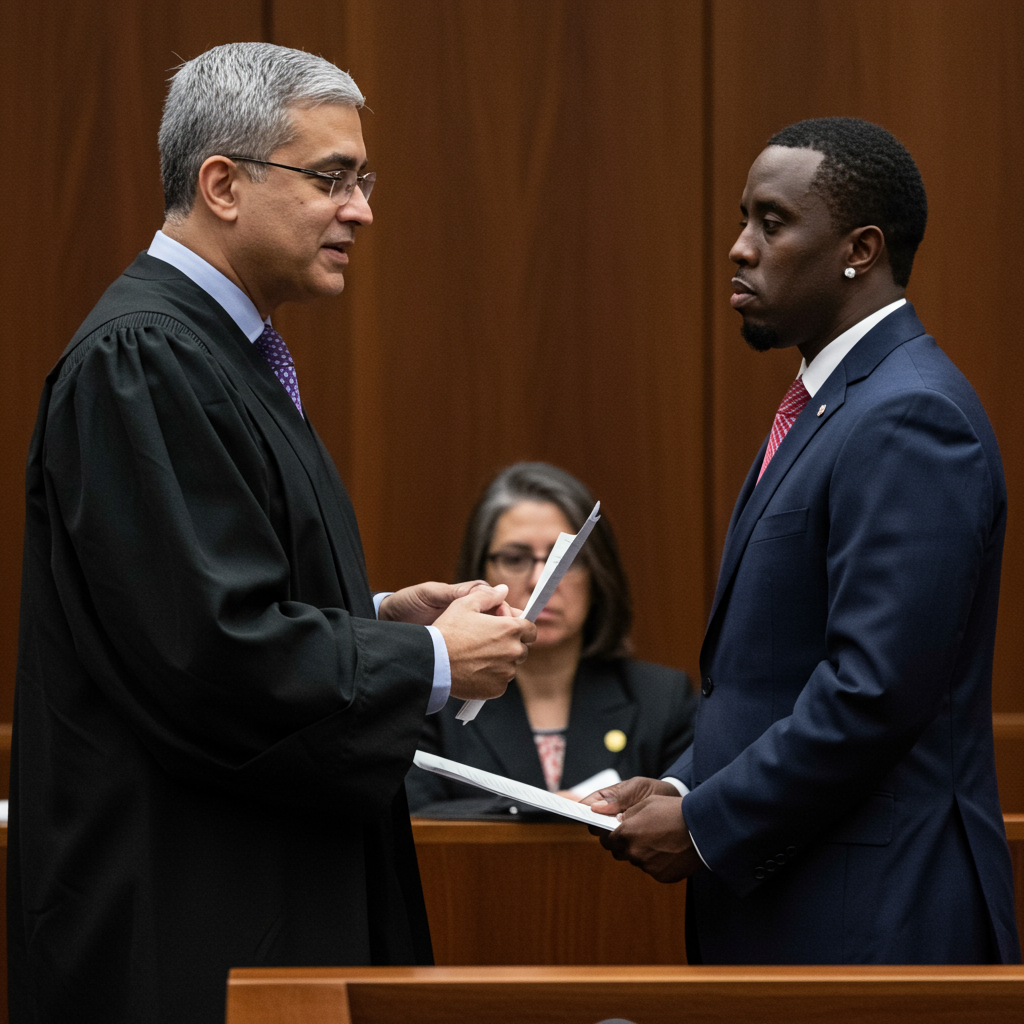paris, a city long associated with intellectual discourse and a haven for exiles, has become a crucial hub for the Iranian diaspora grappling with the volatile future of their homeland. In quiet corners of the city, away from the headlines, these communities gather to dissect complex political events and contemplate the uncertain path ahead. At the heart of this vibrant conversation is the Utopiran bookshop, nestled in the 15th arrondissement, a space fostering critical debate and connection for Iranians living far from home.
A Bookshop Becomes a Crucible for Ideas
Utopiran is more than just a place selling books; it serves as a cultural anchor and a vital meeting point for the Iranian diaspora in Paris. Founded by Tinouche Nazmjou, a figure known for his work in theater and publishing, the bookshop provides a dedicated space for Iranians to convene, share perspectives, and process the rapid shifts occurring in Iran and the broader Middle East. It’s a location where the scent of saffron-colored traditional desserts like yakh dar behesht mingles with the charged atmosphere of urgent political discussion, bridging the gap between cultural memory and present-day reality.
Tinouche Nazmjou initiated a timely series of discussions titled “debates Before the Fall.” This title itself speaks volumes about the underlying tension and anticipation felt by many in the diaspora. These gatherings bring together a diverse mix of individuals, from those who have recently arrived in France seeking refuge to those who have been part of the diaspora for over four decades since the 1979 revolution. This blend of experiences enriches the dialogue, offering multiple vantage points on history, resistance, and potential outcomes.
The Context of Tumultuous Events
The debates at Utopiran occur against a backdrop of intense regional and international pressure on Iran. For instance, one significant session took place shortly before a notable US strike against Iran. Speaking just hours after this strike occurred, Nazmjou noted the differing reactions observed. While many politically engaged Iranians outside the country seemed to anticipate such a development, he observed through social media that regime supporters within Iran appeared genuinely shocked. This disparity highlights a potential disconnect in understanding and expectation between segments of the population inside Iran and the diaspora community closely following events from abroad.
Such external military actions, coupled with internal political dynamics and economic pressures, fuel the urgency of the discussions in Paris. The participants are not merely observers; they are personally invested, with families and connections still within Iran. Their debates reflect a deep concern for the welfare of the Iranian people and the stability of the region.
Navigating Complex Futures: Beyond Regime Opposition
A critical aspect of the “Debates Before the Fall” series is the willingness to explore scenarios beyond simple opposition to the current clerical regime. While there is broad consensus among many in the diaspora regarding their dissatisfaction with the existing government, the path forward is fraught with disagreement and apprehension.
One poignant perspective shared during a debate came from Bamdad, a 45-year-old regular attendee whose family history is rooted in opposition to previous Iranian governments. He voiced a profound fear following the US strike, drawing parallels to chaotic situations previously seen in Iraq and Libya after governmental collapses. Bamdad articulated a complex stance: he opposes the mullahs, yet his greater fear is the potential for widespread disorder and a dangerous power vacuum that could follow a sudden, unplanned regime change. This viewpoint is crucial, illustrating that within the diaspora, the desire for change is often tempered by a realistic and sometimes fearful assessment of the potential consequences, including instability and civil conflict.
Reaching Far Beyond Paris
What makes the Utopiran debates particularly impactful is their reach. Recognizing the importance of connecting with and informing people inside Iran, the sessions are filmed and broadcast on a Telegram channel. This channel boasts a substantial following of 100,000 people, the vast majority of whom reside within Iran. This digital bridge transforms a local Parisian gathering into a platform for disseminating information, sharing analysis, and fostering a sense of shared dialogue with those living under the regime.
This effort underscores the diaspora’s vital role in bypassing state censorship and providing alternative narratives and analyses that may be suppressed within Iran. The debates in Paris become a proxy for discussions that are difficult or dangerous to hold openly inside the country, contributing to a broader political consciousness among Iranians both at home and abroad.
The Big Questions: What Comes Next for Iran?
The discussions at Utopiran are not academic exercises; they are urgent interrogations of Iran’s potential trajectories. Participants wrestle with fundamental questions:
Will the current regime be able to withstand the confluence of internal discontent, external pressure, and economic hardship?
What realistic alternatives exist for governance in Iran?
How can a transition, if it occurs, be managed to avoid descent into violence and chaos?
What role can the diaspora effectively play in supporting change or assisting the population inside Iran?
- How do regional geopolitical dynamics and international actions impact the likelihood and nature of future change?
- <a href="https://www.lemonde.fr/en/m-le-mag/article/2025/06/29/paris-s-iranian-diaspora-debates-war-mullahs-and-what-comes-next-at-city-bookshop6742819117.html”>www.lemonde.fr
These debates reflect the deep intellectual and emotional labor undertaken by the diaspora as they contemplate the future of their homeland. The perspectives shared reveal a complex tapestry of hope, fear, strategic thinking, and historical reflection.
Frequently Asked Questions
What are the primary political debates happening among the Iranian diaspora in Paris?
The Iranian diaspora in Paris, particularly at places like the Utopiran bookshop, actively debates the current political situation in Iran, the future of the clerical regime, and the potential consequences of external military actions. Key topics include navigating uncertainty, assessing different scenarios for “what comes next,” and discussing fears of chaos or a power vacuum following potential major shifts, while still opposing the current government.
How does the Utopiran bookshop facilitate these debates?
Founded by Tinouche Nazmjou, the Utopiran bookshop serves as a physical meeting space for the Iranian diaspora in Paris. It hosts structured discussion series, such as “Debates Before the Fall,” bringing together diverse members of the community to share perspectives openly. The bookshop creates a dedicated environment for critical analysis and dialogue on Iran’s political future.
How do these Paris-based discussions reach and influence audiences inside Iran?
To extend their reach beyond the local Parisian community, the debates held at Utopiran are filmed. These recordings are then broadcast via a Telegram channel that has a large following, reportedly 100,000 people, primarily located inside Iran. This method allows the diaspora to share information, analysis, and diverse viewpoints directly with Iranians within the country, bypassing state-controlled media and fostering a connection despite the geographical distance.
The Enduring Role of the Diaspora
The activities at places like the Utopiran bookshop highlight the enduring importance of the Iranian diaspora. Far from being disconnected observers, members of the diaspora actively engage with the challenges facing Iran, using their freedom abroad to discuss possibilities that are often impossible or dangerous inside the country. These discussions are not just theoretical; they are deeply personal and contribute to a global conversation about Iran’s destiny. The debates in Paris underscore the complex realities faced by those who have left Iran but carry its future in their thoughts and aspirations, continually asking the vital question of what comes next.




